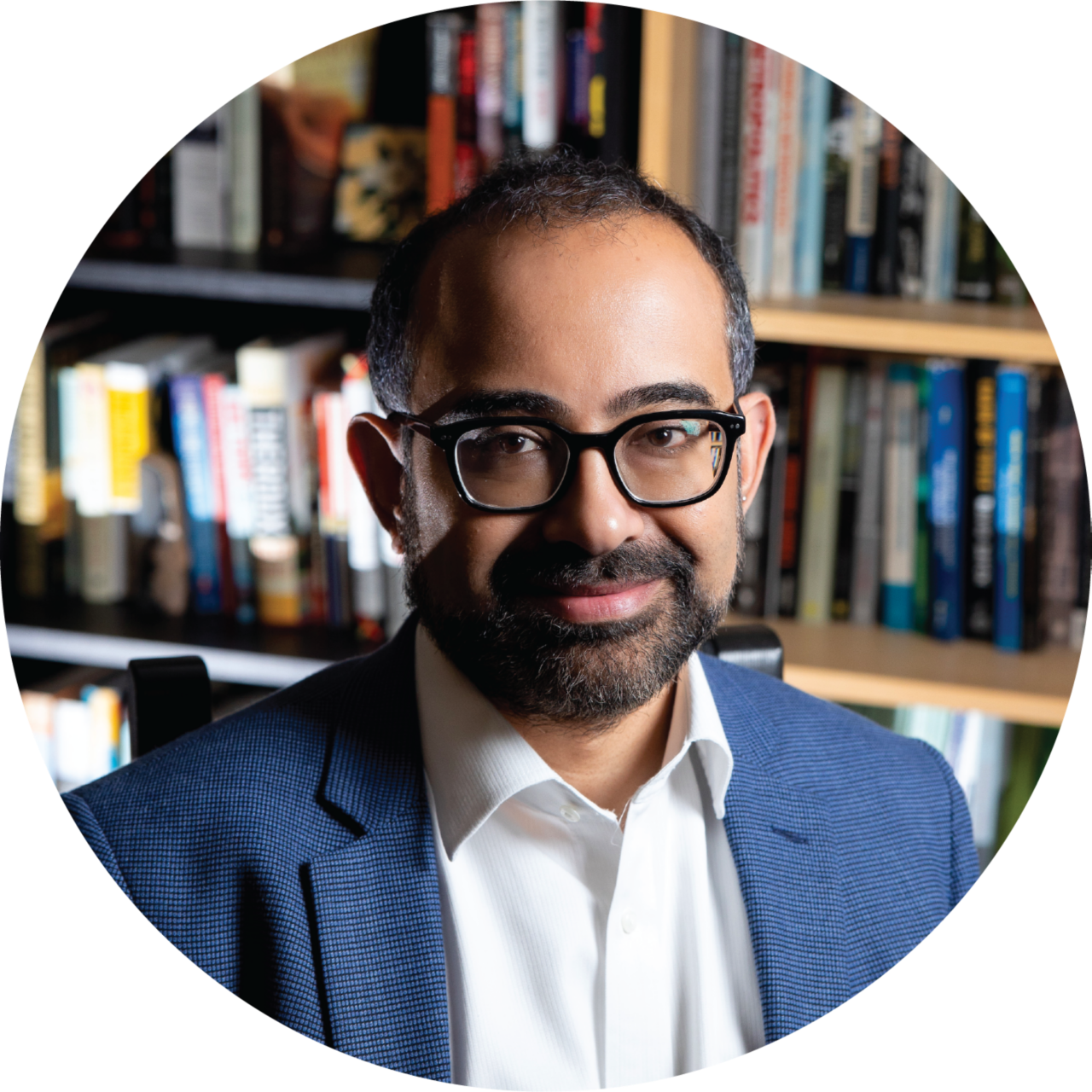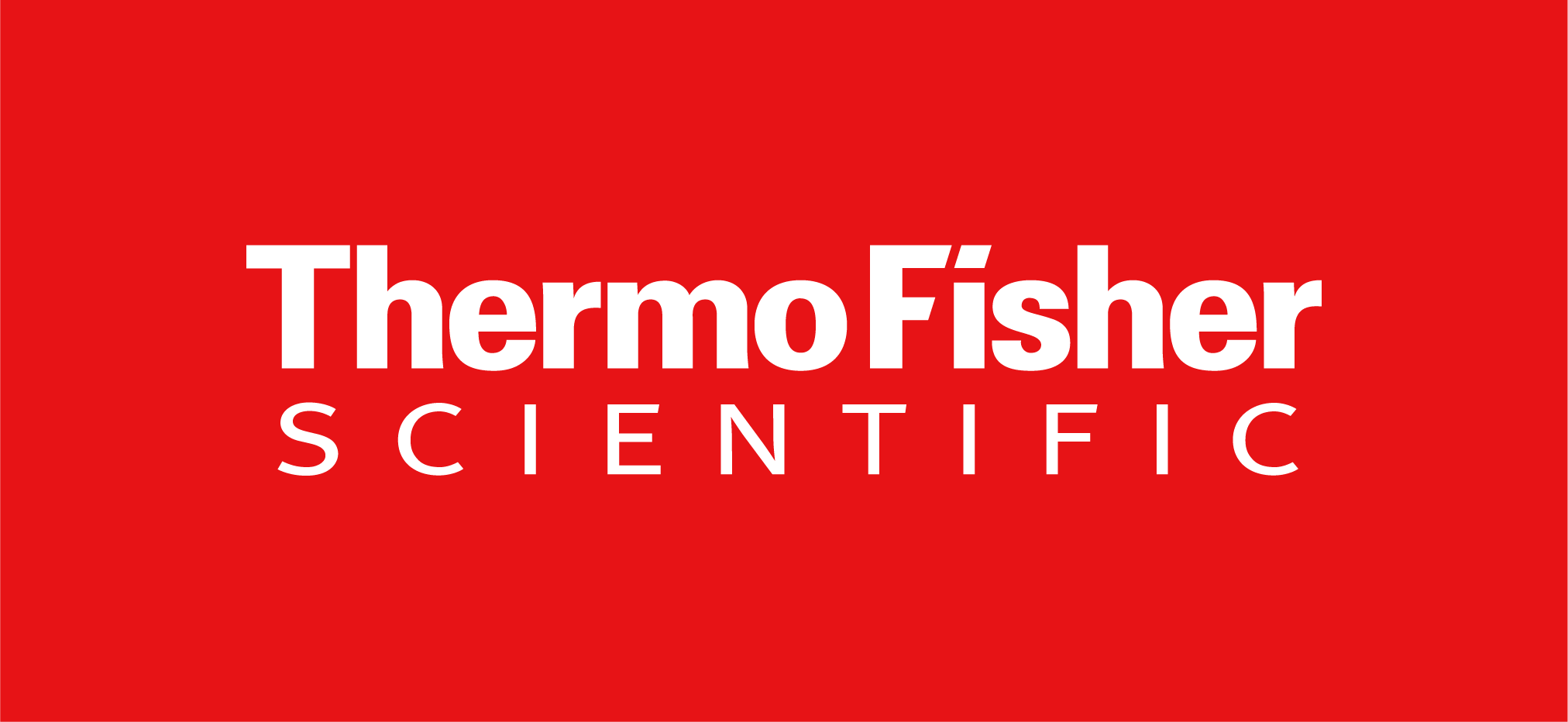
Video Highlight
Guest Profiles

Dr. Upal Basu Roy
Executive director of Research at LUNGevity
Noteworthy: He's an experienced project lead with a demonstrated history of working in oncology. He's a strong program and project management professional and is skilled in Clinical Research, Translational Research, Life Sciences, and Data Analysis.
Where to find him: LinkedIn
Key Insights

There's a diversity mismatch in the oncology workforce. One of the biggest challenges in the oncology space is a lack of diversity in the workforce. The population of the United States is very diverse, while the oncology field is not. Dr. Upal Basu Roy says, "We know that the United States is very diverse. As we speak, the population is very diverse, and we have about 12% African Americans in the population — about 18% who identify as Hispanic/Latinx — and 3% of the population who identify as American Indians and Alaska natives. But is that diversity reflected in the oncology workforce? Absolutely not. So we have a problem. So if you look at the latest statistics from the ASCO workforce report in 2020, only 5% of oncologists identify as Hispanic/Latinx, 3% as Black or African American, and 0.1% as American Indian and Alaska native. So we have this mismatch."
Patients have better health outcomes when treated by doctors who look like them. Dr. Upal Basu Roy explains, "The population is very diverse, but the workforce is not diverse. So keeping that in mind, we created the Health Equity and Inclusiveness Research Awards specifically to foster minority scientists. Now you can ask me, ‘Why is that important?’ It is fundamentally important to have clinicians who look like patients because there's very good research that's shown that patients have better outcomes when they're treated by doctors who look like them. And patients are way more inclined to participate in clinical trials when those trials are being offered to them by clinicians who look like them."
‘No One Missed’ is an inclusive lung cancer campaign. ‘No One Missed’ is a community-led campaign driven by the LUNGevity Foundation. Dr. Upal Basu Roy talks about the campaign's main goals. He says, "As a scientist, I focus on science and innovation. But as a patient advocate, I focus on access. Because I think we need to keep in mind that science is a public good. Innovation is a public good. And we, as a patient advocacy group, need to make sure that the science we fund today reaches patients tomorrow. And biomarker testing targeted therapies are a huge piece of the treatment arsenal of lung cancer, and we, as a foundation, are committed to making sure that these innovative approaches treat patients no matter where they're diagnosed, no matter their gender, sexual orientation, their race and ethnicity, where they live, or their socioeconomic status."
Episode Highlights

We need to support lung cancer researchers
"One of the things that's always been a part of the journey for an academic as a junior researcher is figuring out funding. And as the director of LUNGevity's research program, we are committed to funding the best science as well as the best people, and that's why junior researchers come in. And we are very committed to supporting workforce development in thoracic oncology because we firmly believe that we need to have a pipeline of researchers who are committed to investigating and researching complex problems in lung cancer."
Biomarkers and targeted therapies in lung cancer
"Biomarkers are very specific characteristics, or I would say, unique characteristics of cancer cells that give cancer cells the ability to grow, the ability to escape the immune system. And through targeted therapies, we have the ability to block these biomarkers again, making sure that we block the growth of cancer cells."
A comprehensive biomarker test captures all ten biomarkers
"In lung cancer, we have ten different biomarkers to which we have FDA-approved drugs. So that means either we can have ten different tests to capture these biomarkers, or we can have one test that captures all these ten biomarkers. And a comprehensive biomarker testing platform is one that captures all ten biomarkers in one test, and that's what I mean by comprehensive biomarker testing."
Targeted therapies provide both quality and quantity of life
"I think that's incredibly important to keep in mind. Right now, we should not be just pushing for quantity but also quality of life, and targeted therapies have been a game changer because they've been able to provide both quantity as well as quality."

